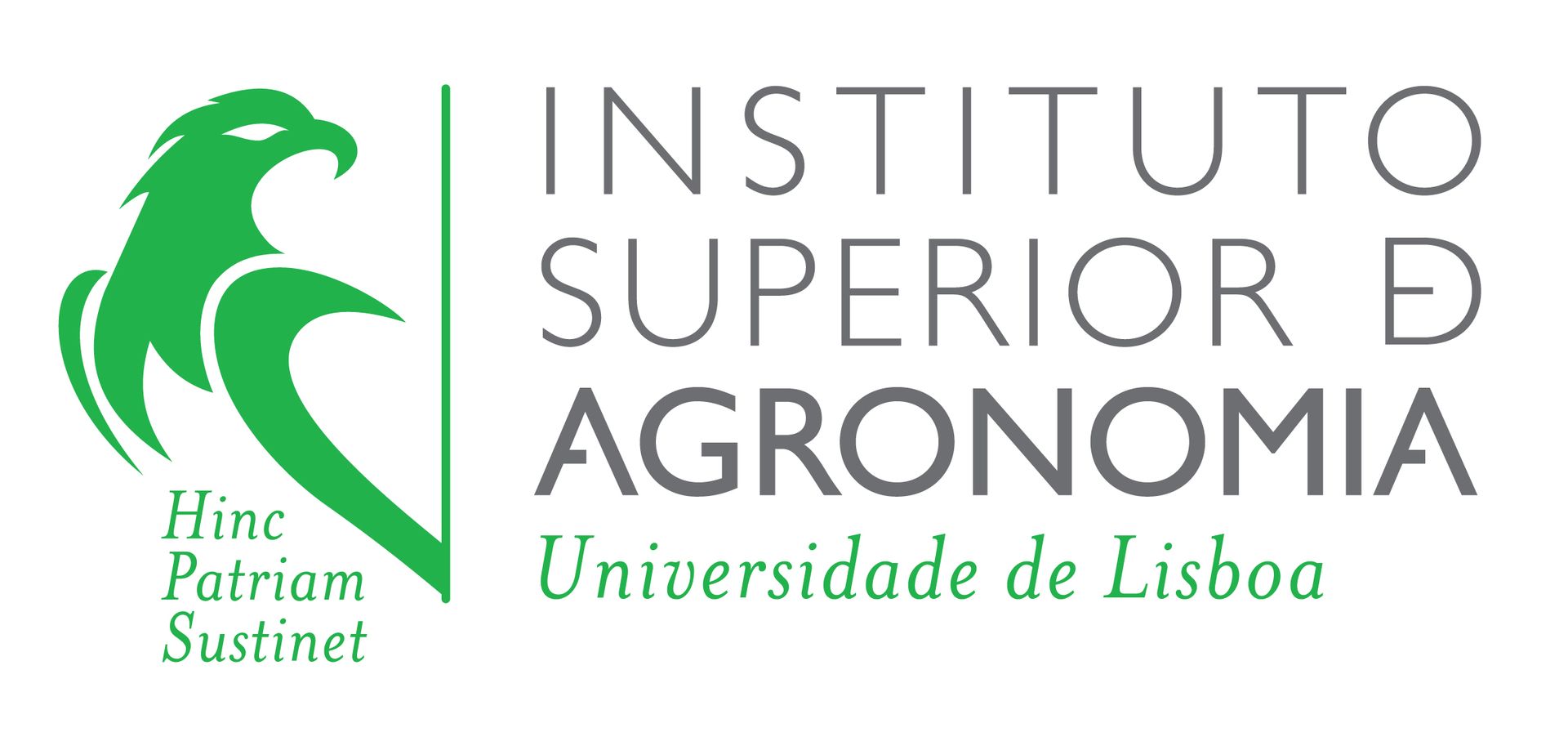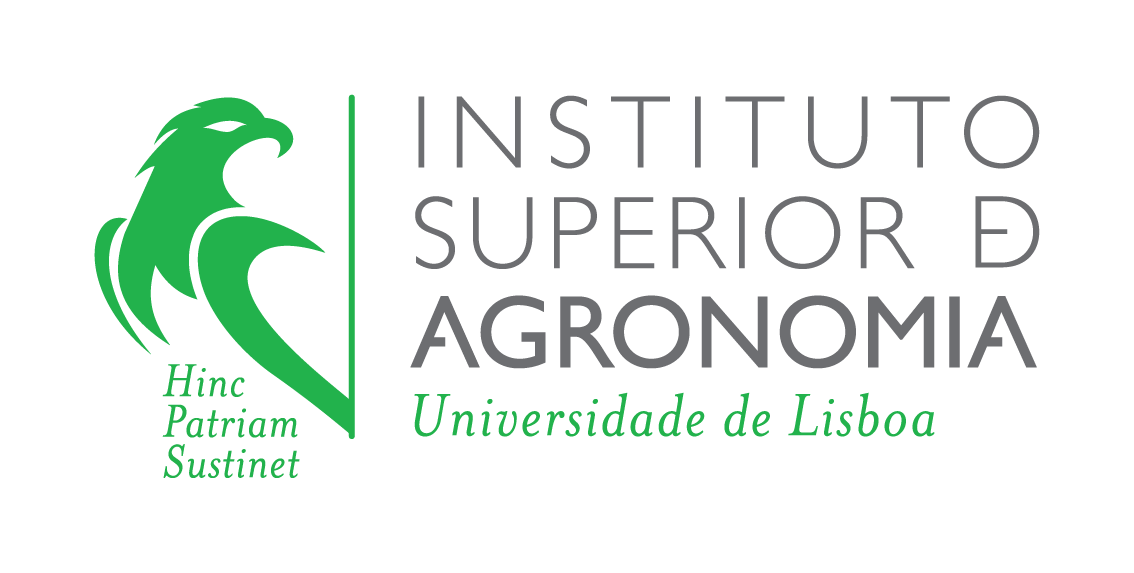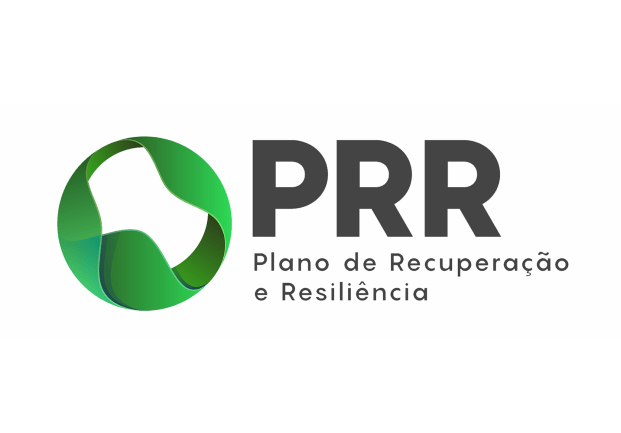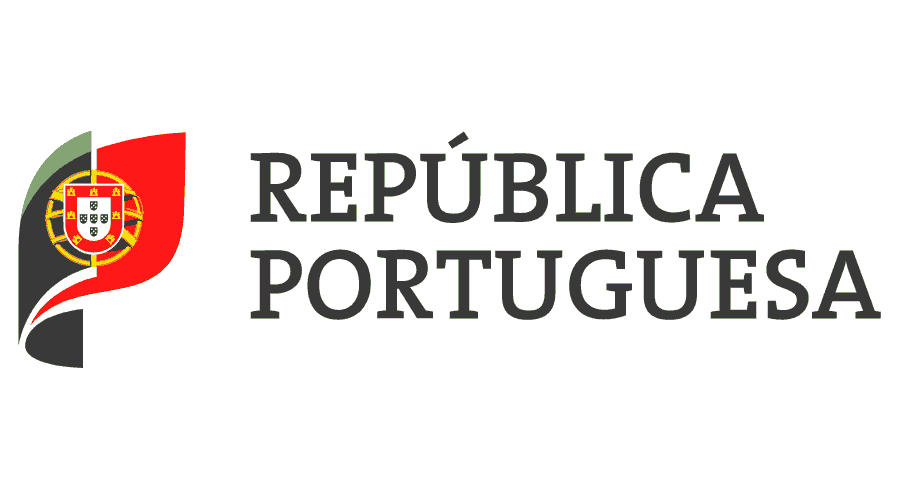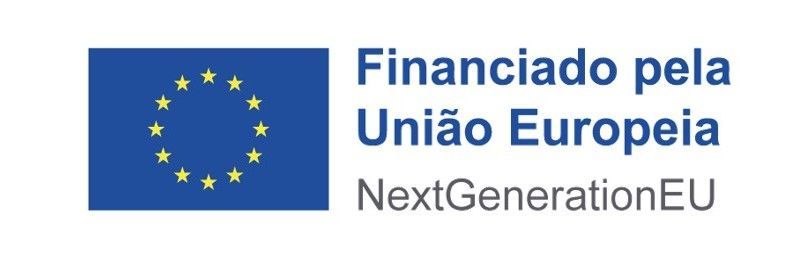Fim das inscrições em:
Fim das inscrições!
In this course, the Mediterranean diet will be presented in a holistic approach. It is not only a list of healthy foods but is also supported by a well-defined traditional lifestyle and sustainable practices, needed to preserve, and value traditional and typical products of the Mediterranean diet, making their production sustainable and competitive with other imported food products.
Objetivos
The main goal of this course is to get acquainted with the Mediterranean diet. At the end of this course, it is expected the student will be able to:
- Understand the importance of the Mediterranean diet and lifestyle in health and well-being of the populations.
- Understand the importance of sensory analysis on consumers preferences and on product development.
- Have some knowledge about the most representative food products of the Mediterranean diet, their specificities, and how to produce them.
- Understand the importance of forest products and cork on the eco-systems sustainability and economy of the Mediterranean region.
- Understand the importance of agro-residues valorization and the problem of climate change on water scarcity in Mediterranean regions.
-
Conteúdos
The following topics will be addressed:
1.The Mediterranean Diet as an intangible cultural Heritage of Humanity.
2. Sensory analysis as the main tool in food choices made by the consumer and on quality control and product development.
3. Valorization of food products from traditional Mediterranean diet: the health properties and a brief description of technological processing of the most important food products from the Mediterranean diet will be presented (fruits and vegetables, olive oil, wine and dairy products).
4. Forest products, cork and cork products, as complementary products from Mediterranean agroforest systems.
5. Agro-residues valorization, efficient use of resources, and water-energy nexus.
Practical sessions:
Practical sessions will be performed on sensory analysis of solutions with basic tastes. Portuguese olive oils, wines, and cheeses, with the most important attributes for each product type (positive or negative attributes), will be tasted.
Field Trips:
The following trips will be organized (8h each; total of 16h):
Trip 1) Coruche: Montado and cork museum;
Trip 2) Alentejo: Olive oil extraction plant and winery.
Destinatários
Undergraduate, MSc and PhD students and public in general with some knowledge in chemistry, biochemistry and microbiology.
Requisitos
Knowledge of the English language
C- Specialised training/complement
Candidaturas
Opening - 1 of march 2024
Closed - 15 of may 2024
Quero Candidatar-me!
Tenho credenciais do Portal Fénix do ISA*
Ainda não tenho conta no ISA
*Para quem já possui conta, fazer login e candidatar através da aba "Candidato"
Coordenação e Formadores
- Suzana Ferreira Dias (coordenadora; email suzanafdias@isa.ulisboa.pt)
- António Fabião
- Helena Pereira
- Isabel Januário
- Margarida Moldão
- Rita Fragoso
- Sofia Catarino
Entidades e Parceiros
- FLAD Luso-American Development Foundation
Informações
-
Tipo de CursoBotāo de texto Item de lista 1
Specialisation course
-
FuncionamentoItem Link
In person
-
DuraçãoBotāo de texto Item de lista 2
1 month
-
Data do InicioBotāo de texto Item de lista 3
1 of june 2024
-
Data do FimBotāo de texto Item de lista 4
30 of june 2024
-
RegimeItem Link
Labour
-
HorárioItem Link
Timetable to define
-
CréditosItem Link
6.0 ECTS
-
AvaliaçãoItem Link
Yes. Final exam.
-
VagasItem Link
20
-
PreçoItem Link
750€
(4 grants for PhD students at ISA)
Formulário de Contacto
Inscreva-se para receber nossa Newsletter
Obrigado por entrar em contato.
Contacto
Instituto Superior de Agronomia - Universidade de Lisboa
Tapada da Ajuda
1349-017 Lisboa, Portugal
